Phil Ward, the Deputy Director of Research Services at the University of Kent attended a British Academy funded workshop for early career researchers and promised signs of hope for interdisciplinarity in publishing.
Focusing on the work of Sarah Campbell, the Editorial Director of Rowman and Littlefield International(RLI), a small scale academic publisher, Phil wrote the following in a blog post on Research Fundermental:
Traditional Academic Publishing
Traditionally, academic publishing has replicated the silos of academia. Book lists mirror university departments, so you have lists for Philosophy, Sociology, Politics, Linguistics, and so forth. Each of those has a Commissioning Editor – somewhat akin to a Head of Department. The list is integrated into (and dependent on) the community it serves: the authors, reviewers and buyers are all, essentially, one and the same. As such, it tends to be quite inward looking: they know who will be interested in their titles, they know the conferences they go to, and if they happen to attract a reader from outside of the community it is (as Sarah says) ‘a fluke’. This insularity is exacerbated by university libraries. Academic publishing is expensive; it doesn’t have the economies of scale of mainstream publishing, and as a result it tends to be only the institutional libraries that buy the volumes. Thus, the publishers cater for the needs, the demands and the categorisation of the libraries.
The Times, They Are A-Changin’
 RLI Core Disciplines and themes
RLI Core Disciplines and themes
However, technology is changing this, and RLI are taking the opportunity to rethink things. Rather than setting up twelve distinct lists, it has set up four ‘core disciplines’ (Philosophy, Politics, Cultural Studies and Economics), around which other disciplines and themes overlap, merge and rub. You have gender and anthropology, but also postcolonialism, social movements and the environment. This has inevitably created some problems internally amongst the commissioning editors as to what their remit is, but this shouldn’t be visible externally. What has made this possible is technology. Social media has allowed RLI to identify and advertise to people across and outside traditional silos, using key words, and ebooks, open access, and print-on-demand have all drastically brought down publishing costs and have made smaller communities, and cross-disciplinary ones, viable.
Getting Interdisciplinary Works Published
This is all very positive, and give me hope for the future of interdisciplinarity. But that doesn’t mean that those working across disciplinary boundaries have been given a golden publishing ticket. You still have to work at it, and Sarah offered the following tips to preparing your book proposal:
- Define your book and your potential audience. Is it:
- an interdisciplinary work for a multidisciplinary audience? That, suggested Sarah, is hard to pull off;
- an interdisciplinary book for a multidisciplinary audience? Easier to make the case, but the potential market is smaller and more niche;
- an interdisciplinary or multidisciplinary work for a single disciplinary audience? This fits more easily with the traditional publishing model, and would thus be easier to market;
- or a single discipline book with the potential to appeal to more than one audience?
- Define your overall theme and objective. It might be interdisciplinary, but it still needs to cohere.
- Think about keywords. How will an interested audience discover your book?
- What are the existing networks? Are there conferences, or groups on social media? Demonstrate that they exist.
- How advanced is the dialogue within the network? Is it just beginning, feeling its way, and establishing parameters, or is it more established? If your planning an edited collection, this is even more important, as they tend to be, by their very nature, looser and less focussed.
**The full programme, including recording and powerpoint slides of sessions of British Academy sponsored workshop ‘Pushing the Boundaries: Early Career Research and Interdisciplinarity can be found through this link.
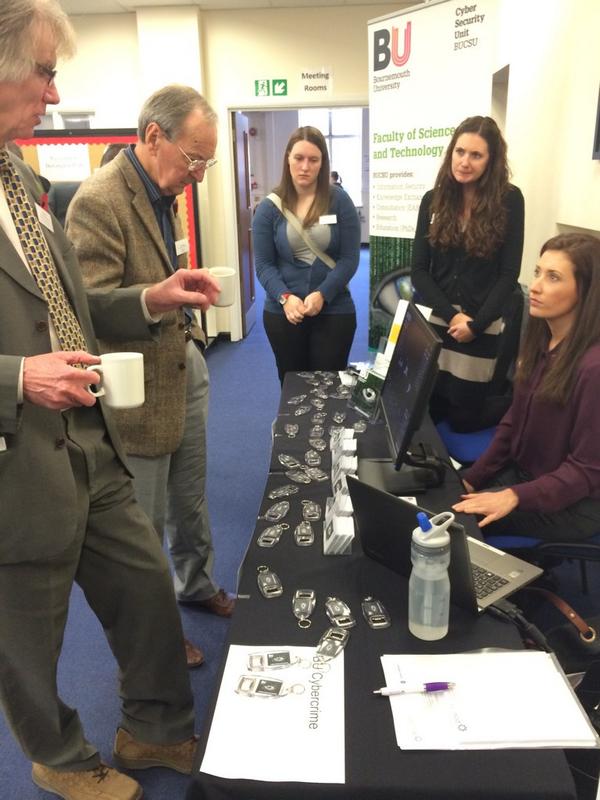

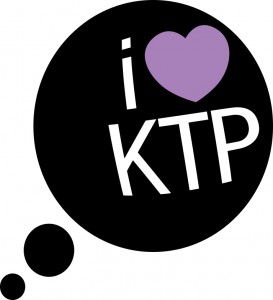


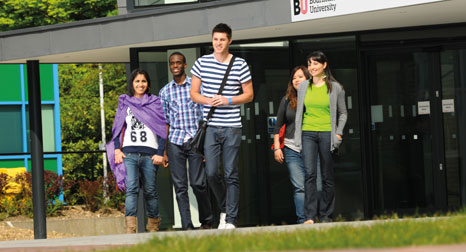


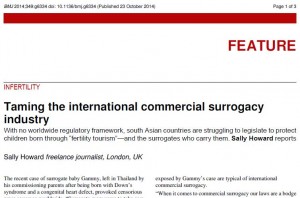
 RLI Core Disciplines and themes
RLI Core Disciplines and themes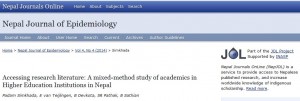
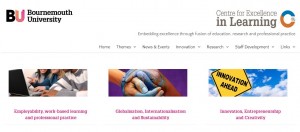











 Fourth INRC Symposium: From Clinical Applications to Neuro-Inspired Computation
Fourth INRC Symposium: From Clinical Applications to Neuro-Inspired Computation Writing policy briefs
Writing policy briefs Upholding Excellence: The Concordat to Support Research Integrity
Upholding Excellence: The Concordat to Support Research Integrity Today’s Documentation Will Serve Tomorrow’s Justice
Today’s Documentation Will Serve Tomorrow’s Justice ECR Funding Open Call: Research Culture & Community Grant – Application Deadline Friday 12 December
ECR Funding Open Call: Research Culture & Community Grant – Application Deadline Friday 12 December MSCA Postdoctoral Fellowships 2025 Call
MSCA Postdoctoral Fellowships 2025 Call ERC Advanced Grant 2025 Webinar
ERC Advanced Grant 2025 Webinar Horizon Europe Work Programme 2025 Published
Horizon Europe Work Programme 2025 Published Horizon Europe 2025 Work Programme pre-Published
Horizon Europe 2025 Work Programme pre-Published Update on UKRO services
Update on UKRO services European research project exploring use of ‘virtual twins’ to better manage metabolic associated fatty liver disease
European research project exploring use of ‘virtual twins’ to better manage metabolic associated fatty liver disease